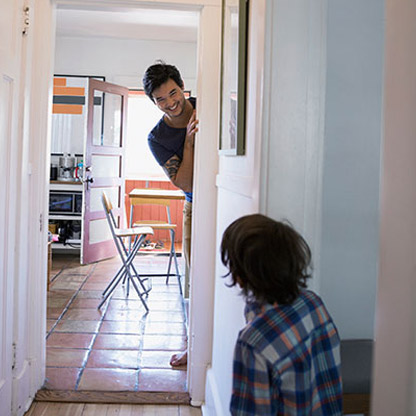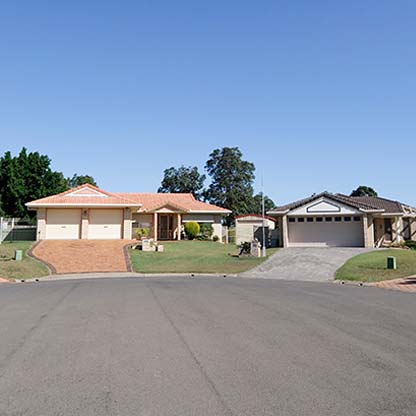1. Review the contract of sale
The seller (or vendor) of a property must have a contract of sale prepared and available for inspection for potential buyers. This contract should include:
- A zoning certificate from the local council
- A copy of the title to the property as recorded in the Land Titles Office (or equivalent body in your state)
- Copies of documents outlining other registered interests over the property
You can ask to see the sale contract after at least one inspection and discussions with the real estate agent or seller. Review it closely with your solicitor or conveyancer before signing to ensure it’s acceptable.
2. Make an offer
If everything in the contract looks OK and you’re ready, the next step is to put an offer in writing to the real estate agent or seller.
Your offer should include how much you’re willing to pay and any conditions to the sale such as repairs, deposit amount or timeframe for moving in. Your solicitor or conveyancer can help you prepare the letter of offer so you don’t miss anything important.
3. Start negotiating
Your first offer might be accepted right away, but what's more likely is that you’ll have to do some negotiating with the vendor. Once you’ve reached an agreement you may be asked to pay a small holding deposit to show you’re serious.
While these negotiations are taking place, the seller is free to take expressions of interest from other potential buyers and even exchange contracts with them. If there is another serious buyer the real estate agent or seller will likely ask you to increase your offer, especially if the other buyer has made a bid. If the seller does accept another offer, any holding deposit you may have paid is refundable.
4. Exchange and sign contracts
Once you’ve agreed on the sale price, you’ll exchange and sign the contracts and need to pay the full deposit – typically 5-10% of the purchase price – at the end of the cooling-off period (see below). Your home lender and conveyancer or solicitor can help you through this process.
This can be a good time to start looking at home insurance, as you’re the owner of the property from the date the contract is exchanged. If you want contents insurance, this only needs to begin from the date you move in. If you’re buying a strata unit, you or your conveyancer will also need to arrange a Certificate of Currency from the Body Corporate’s insurer. This is to make sure the property is adequately insured.
5. Cooling-off period
In most states and territories there’s a cooling-off period after contracts are exchanged, except when you buy a residential property at auction. During this time you can withdraw from the sale, but you may lose your initial holding deposit if you do. Check with the real estate agent or your conveyancer whether there is a cooling-off period before exchanging contracts.
This can also be a good time to check the condition of the property and, if necessary, arrange pest, building and/or strata inspections to make sure the building and inclusions are as stated in the contract of sale. If they’re not, you may have a solid case not only to withdraw from the sale but also have your deposit fully refunded.
6. Settlement
The settlement period is typically determined by the seller and set out in your contract but can be negotiated. Usually it’s around four to six weeks. At the end of this period you pay the balance of the property using your home loan (your lender will usually do this on your behalf), as well as pay stamp duty. You may also get the chance to inspect the property one last time to ensure that all the agreed inclusions are there and the property is in the same condition as when you agreed to purchase it.
At the end of the settlement period you’ll receive the keys and title deed to your new home. Done!
We’ve partnered with Home-in, an innovative home buying app that helps simplify the process from finding your new property to settlement. Order reports and get legal contracts reviewed in one seamless app. You can try Home-in for free today. Plus, eligible CommBank customers can access $699 conveyancing with Home-in*.
We're here to help
Get guidance from start to finish on your home buying journey with the support of one of our expert lenders.




